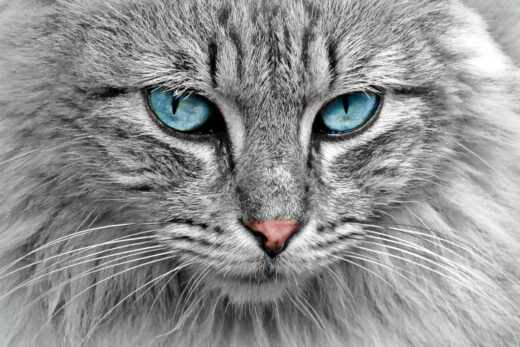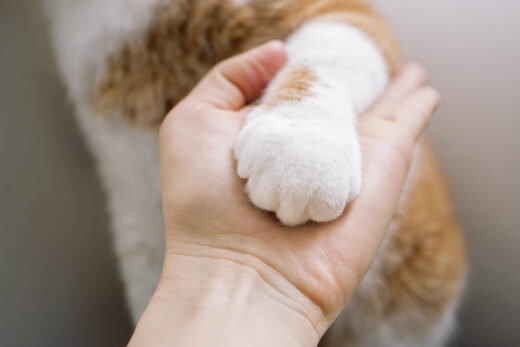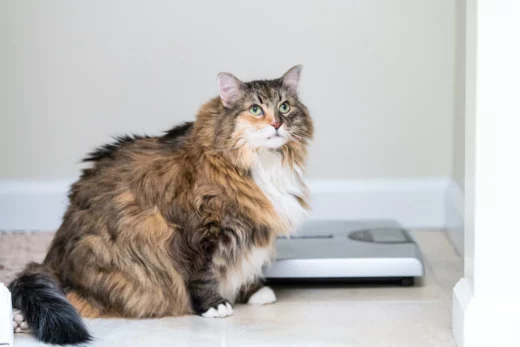If you own a pet cat, any sign of rapid breathing or distress should be cause for concern. Dyspnea (or heavy breathing) in cats can be very scary to see, and often signifies that there is a deeper respiratory, heart, or lung problem.
This condition that results in rapid breathing can be attributed to a variety of things and may be noticeable from some external indicators.
If you are ever concerned about your cat’s health, reaching out to a veterinarian is the safest bet. It is important that you make some fast moves to ensure that your cat has the best chance at a full recovery.
Today, we will define some of the more common signs of dyspnea and breathing problems in cats, as well as how you can treat it or prevent it from happening altogether.
As a pet owner, it is your responsibility to spot and care for any illnesses or conditions, so read on to inform yourself of the proper steps to take if your cat is breathing heavily.
What Are the Causes of Heavy Breathing in Cats?
The first thing to know is that there are many warning signs that may point to dyspnea or other breathing conditions in cats. Rapid breathing or labored breathing is a more common sign, though it is not the only thing to be on the lookout for.
If your cat is showing signs of a decreased appetite, a decreased level of energy, or other strange composure that is against the norm, there is a good chance that they are feeling ill.
Whenever a cat, or any animal for that matter, avoids their food and water bowls, it almost always means something is wrong and should be cause for concern. If this is the symptom that you are most alarmed by, a quick trip to the veterinarian can help to clear up your concerns and ensure that your cat gets the help it needs. Veterinarians will be able to properly diagnose the issue and can get to treating it.
Airway Obstructions
Dyspnea and rapid breathing are conditions that result from extra fluid in the chest. This extra fluid in the chest typically causes labored breathing and can interfere with the cat’s lungs. This, in turn, can impact how much oxygen is getting to your cat’s heart with each breath.
Dyspnea, however, is not the only condition that may be present if your cat is having trouble breathing. If you notice any indication of rapid breathing, make sure to check the animal’s mouth and throat for signs of airway obstruction. This could happen if they swallowed a toy or a large amount of food at once and can make it look like they are in respiratory distress.
Asthma
Another chest condition that may reveal itself through breathing problems is asthma in cats. This is a condition that impacts the lungs and needs to be diagnosed by a veterinarian. It will often require regular medication and monitoring to treat as the cat’s lungs can grow tired from the labored breathing.
Heart and Lung Conditions
If you are seeing any signs of labored breathing, or if your cat is having trouble breathing altogether, seek out veterinary care immediately. This is a symptom that you cannot ignore and can even lead to congestive heart failure or lung failure if it is left untreated.
How to Treat Heavy Breathing in Cats
Depending on the cause of the rapid breathing, there are certain things that you can do to help alleviate their symptoms immediately.
For example, if you noticed the cause of the breathing issue is something obstructing their airway, do your best to remove it on your own as quickly as possible. After your pet has had enough time to calm down, its breathing should return to normal if this is the cause of the problem.





